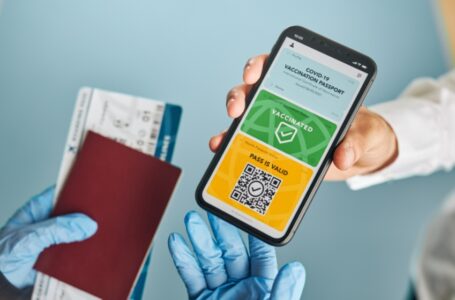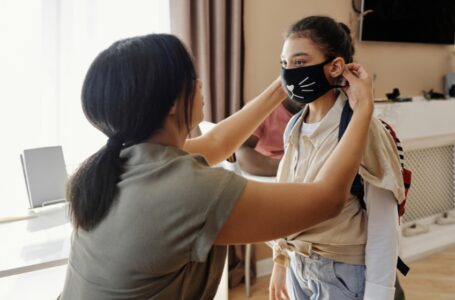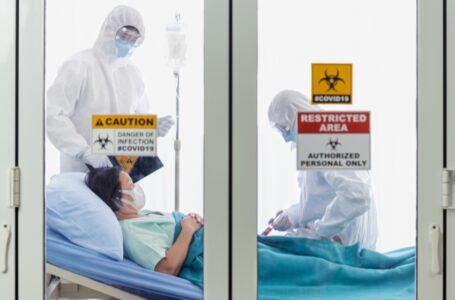Medications for treating Covid-19
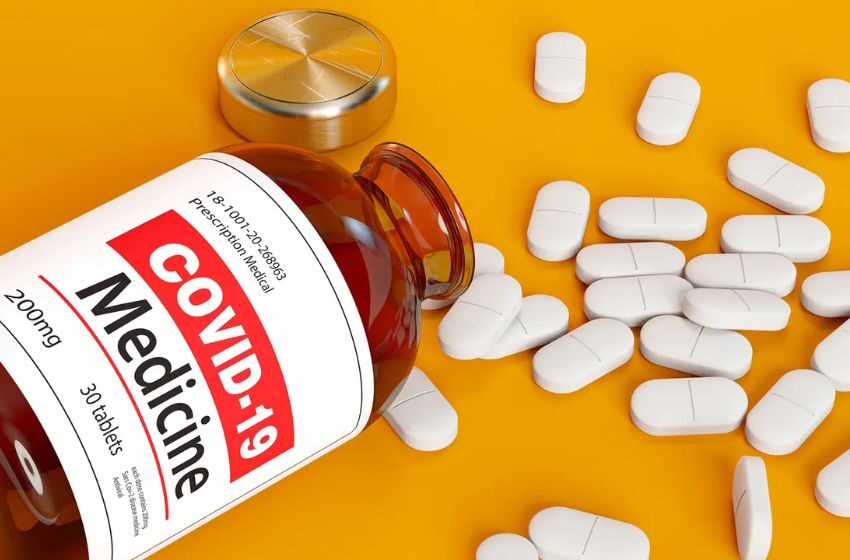
Even though there has been no cure for Covid-19, health specialists and medical professionals worked hard to develop several medicines. Besides, these medicines have been instrumental in treating the illness; however, you must remember that medicines cannot substitute for Covid-19 vaccination.
What are Covid-19 treatments?
Covid-19 treatments aim to help someone from becoming seriously sick with Covid-19, so everyone who is diagnosed with the sickness will not require to undergo specific treatments. Hence, most people who are at a greater risk of contracting the disease benefit from the treatment.
What are the two types of Covid-19 treatment available in Australia?
Two types of Covid-19 treatments are available in Australia, namely antiviral and monoclonal antibody treatments.
Antiviral treatments are useful in stopping a virus from infecting healthy cells that can make people sick.
Monoclonal antibody treatments work efficiently by attaching themselves to the virus and blocking it from entering the human cells, thereby helping to fight the virus. Also, people can avail themselves of the treatment by prescription only.
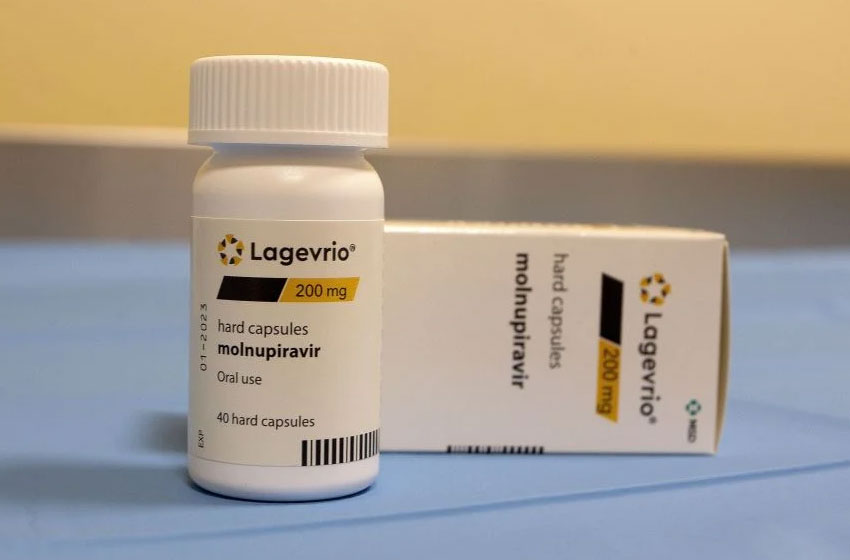
What oral Covid-19 antiviral medicines can people take at home?
Depending on specific criteria, people with Covid-19 who can breathe properly, do not need oxygen, and are not in the hospital are eligible for Lagevrio or Paxlovid. Moreover, both are oral Covid-19 antiviral medicines that help stop Covid-19 infection from becoming more serious and worsening people’s health conditions.
Your doctor or nurse practitioner can prescribe Lagevrio and Paxlovid.
Learn about the side effects of Lagevrio and Paxlovid by downloading the consumer medicine information leaflets.
Who is eligible for the oral Covid-19 antiviral medicine?
You would be eligible for an oral Covid-19 antiviral medicine if you are:
- 18 years and older.
- Suffering from Covid-19.
- If you are at a higher risk of becoming very sick.
How to get oral Covid-19 antiviral medicine?
If you test positive after administering a PCR or rapid antigen test (RAT), you need a book a telehealth appointment with your doctor. Besides, they will advise whether you can have the oral COVID-19 antiviral medicine or not. When your doctor recommends you take oral medication, you must take the prescription and start the medicines as soon as possible. Usually, it is best to start taking the medication soon after you encounter the symptoms; ideally, within five days is an effective approach.
The doctor with whom you consulted can send the pharmacist your prescription via email or message. Following this, your friend or family member can collect the medicine and deliver it to your home.
In case you live in Queensland, New South Wales, South Australia, or Victoria, you can call the National Coronavirus Helpline on 1800 020 080 for an initial assessment of your eligibility for oral COVID-19 antiviral medication. The helpline will help connect you to a doctor for further evaluation and a prescription.
Furthermore, If you are facing difficulty getting an appointment with your doctor quickly, you can use the healthdirect Service Finder to search for a doctor. Or, you can make an appointment at a government-run GP respiratory clinic, where you can be seen by a doctor either in person or via telehealth.
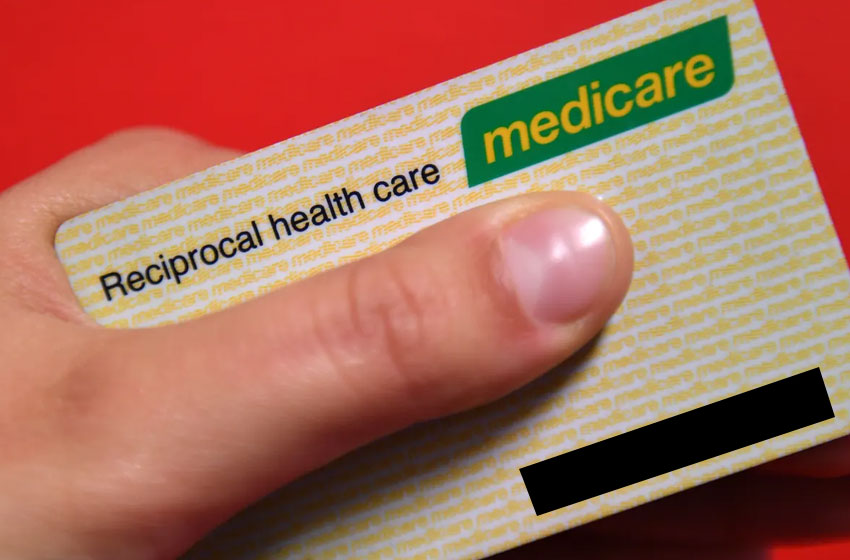
What is the cost of oral Covid-19 antiviral medicine?
Lagevrio and Paxloid can be found listed on the Pharmaceutical Benefits Scheme (PBS); therefore, the cost of both medicines is low and affordable. However, depending on the eligibility criteria for this medication, you may have to pay upto $42.50 for a script. But if you are a concession card holder, it will cost you $6.80.
Is it possible to access oral Covid-19 antiviral medication if I do not have a Medicare card?
In many instances, people with Covid-19 and high-risk factors for severe illness do not have a Medicare card. If you fall into a similar scenario, contact your doctor or a General Practice Respiratory Clinic to know your treatment options. Also, General Practice (GP) respiratory clinics offer services for free to everyone, including people who do not have a Medicare card.
People who do not have a Medicare card include:
- Temporary entrants or temporary visa holders.
- People who are from a country without a reciprocal healthcare arrangement with Australia.
- Not entitled to hold a valid Medicare card.
- People who are not Australian permanent residents.
- Visitors in Australia from overseas or international students.
It is noteworthy to mention that if you do not possess a Medicare card, the treatment cost will depend on your circumstances. Hence, talk to your doctor or General Practice Respiratory Clinic about your payment options.
On the other hand, if you are not a permanent resident but have private health or travel insurance, you must refer to your insurance policy in relation to Covid-19 treatment costs in Australia.
Who should not have oral Covid-19 antiviral medicine?
Doctors advise breastfeeding and pregnant women not to have oral Covid-19 medicine; instead, they must stay up to date with Covid-19 vaccinations. These medications also affect how birth control works. So, you need to talk to your healthcare provider about contraception if you are trying for pregnancy or if you are pregnant or breastfeeding.
Also, you should not have Paxloid Covid-19 treatment if you have severe kidney or liver disease; talk to the doctor regarding alternative oral treatments. Simultaneously, it would be best if you did not take Paxlovid with several other commonly used medicines.
On the other hand, doctors need to review the medications the eligible person is taking carefully; they should also check their medical conditions to determine if it is safe to take Covid-19 medications orally.
What Covid-19 treatments can people with Covid-19 get only in a healthcare facility?
People with Covid-19 can get several Covid-19 treatments if they are in a healthcare facility.
Antiviral treatments
Antiviral treatments are immensely effective in stopping the SARS-CoV-2 virus that causes Covid-19 from replicating and results in serious illnesses.
Remdesivir (VEKLURY)
VEKLURY is an antiviral drug that lessens the recovery time for people suffering from Covid-19 infection. Besides, the drug has been provisionally approved for use in adults and adolescents with severe Covid-19 symptoms who have been hospitalized and are unwell.
Monoclonal antibody treatments
Monoclonal antibody treatments prevent the SARS-CoV-2 virus that causes COVID-19 from invading cells and causing more severe illness.
Sotrovimab (XEVUDY)
Doctors use Xevudy to treat people 12 years and older with Covid-19 (who weigh at least 40 kilograms). The medicine is appropriate for those individuals who do not require oxygen but are at an increased risk of getting hospitalized or facing death. Additionally, doctors advise Xevudy for older people who have one or more of the following health issues:
- Diabetes
- Obesity
- Chronic kidney disease
- Heart failure
- Lung disease
- Moderate-to-severe asthma
Medical professionals have noticed that Xevudy reduces hospitalization or death by almost 80
percent in adults with mild to moderate COVID-19. However, the doctors need to administer the treatment within five days from when the symptoms begin. Besides, a doctor or a nurse in a healthcare facility provides treatment through intravenous infusion; they take this precaution to determine any allergic reactions signs.
Casirivimab + Imdevimab (RONAPREVE)
Ronapreve is appropriate for people aged 12 years and above who weigh at least 40 kilograms and are at a high risk of developing serious Covid-19. However, people who require supplemental oxygen should not take medicine.
The health advisory board has approved Ronapreve for the prevention of Covid-19 in patients of the same age and weight as those above, including :
- People who have been exposed to or are at high risk of exposure to COVID-19
- People who have a medical condition that means they are unlikely to be protected by vaccination
- People who haven’t been vaccinated against COVID-19
Ronapreve has been shown to reduce the risk of hospitalization and death by up to 70% in patients with COVID-19.
Tocilizumab (ACTEMRA)
Medical professionals and health advisory boards have approved Actemra as an intravenous treatment for Covid-19. Moreover, the medicine is appropriate for hospitalized adults aged 18 and above who receive systemic corticosteroids and need supplemental oxygen or mechanical ventilation.
Actemra helps reduce inflammation, thereby aiding in slowing the virus’ effects; additionally, it has been shown to reduce the length of hospitalization, being placed on mechanical ventilation, and the risk of death for people with severe COVID-19.
Regdanvimab (REGKIRONA)
Doctors use Regkirona to treat mild-to-moderate COVID-19 in adults and to prevent serious illnesses associated with COVID-19.
Besides, a doctor or a nurse in a healthcare facility provides treatment through intravenous infusion to check for any potential allergic reaction.
Tixagevimab and Cilgavimab (Evusheld)
Evusheld is a preventative treatment that stops the virus from entering the body’s cells and causing infection. It is given by intravenous infusion in a healthcare facility under the supervision of a healthcare professional. This is in case you have any side effects.
Evusheld has been approved for use in people aged 12 years and older who weigh at least 40 kilograms. Evusheld is for the prevention of COVID-19 in people who are at risk of infection but have not been exposed to the virus.
However, the pre-exposure treatment is appropriate for people who:
- Have moderate-to-severe immunocompromise because of a medical condition or are currently receiving immunosuppressive medications or treatments that make it likely that they will not have an adequate immune response to COVID-19 vaccination
- People cannot be vaccinated because of a history of severe adverse reactions to a COVID‐19 vaccine or COVID‐19 vaccine component.
Who can take Covid-19 oral antivirals or other treatments?
If you are still uncertain about your eligibility to take the oral or other treatments, please refer to COVID-19 Symptom and Antiviral Eligibility Checker.
According to national health authorities, you may be eligible if:
- You have mild or moderate COVID-19 confirmed with a PCR or RAT test (although, if you’re aged 70 years or older and asymptomatic, but you’ve assured that you have COVID-19 with a PCR test or RAT, you may still be eligible for treatment)
- You do not need oxygen (note that some people may already be on home oxygen therapy for an underlying condition. If they don’t need to increase oxygen levels due to COVID-19, these people may be eligible for treatment)
- It is within seven days since symptoms began (some medicines ideally should be started within five days to be effective)
- You can get the treatment if you are immunosuppressed or if you are not immunocompetent, regardless of vaccination status.
- If you are 70 years or older with or without symptoms.
- If you’re 50 years or older – or 30 years or older if you’re an Aboriginal or Torres Strait Islander person – and you have received less than three doses of a COVID-19 vaccine.
- If you’ve received less than three doses of a COVID-19 vaccine and have at least 1 of the risk factors listed below.
The risk factors for severe illness include
- Medical-related technological dependence
- Active cancer
- Immunocompromising conditions or immunosuppressive therapy
- Living remotely with reduced access to higher-level healthcare
- Being pregnant
- A body mass index (BMI) that’s 30 or greater
- Diabetes (type 1 or 2) requires medication
- Some chronic conditions, such as chronic kidney disease, liver disease, and lung disease
- Serious heart conditions
- Neurodevelopmental disorders
- Neurological condition
Do antibiotics work against Covid-19?
Antibiotics do not work against Covid-19, caused by SARS- Cov 2 virus, whereas antibiotics are designed to treat bacterial infections. Moreover, unnecessary administration of antibiotics can lead to antibiotic resistance, a serious healthcare problem affecting everyone.
On the other hand, some people may develop secondary bacterial infections due to the Covid-19 virus, such as bacterial pneumonia; in such cases, antibiotics become necessary.
More COVID-19 medicines are undergoing clinical trials and the Therapeutic Goods Administration’s vigorous approval process. For up-to-date information, visit the TGA website.



